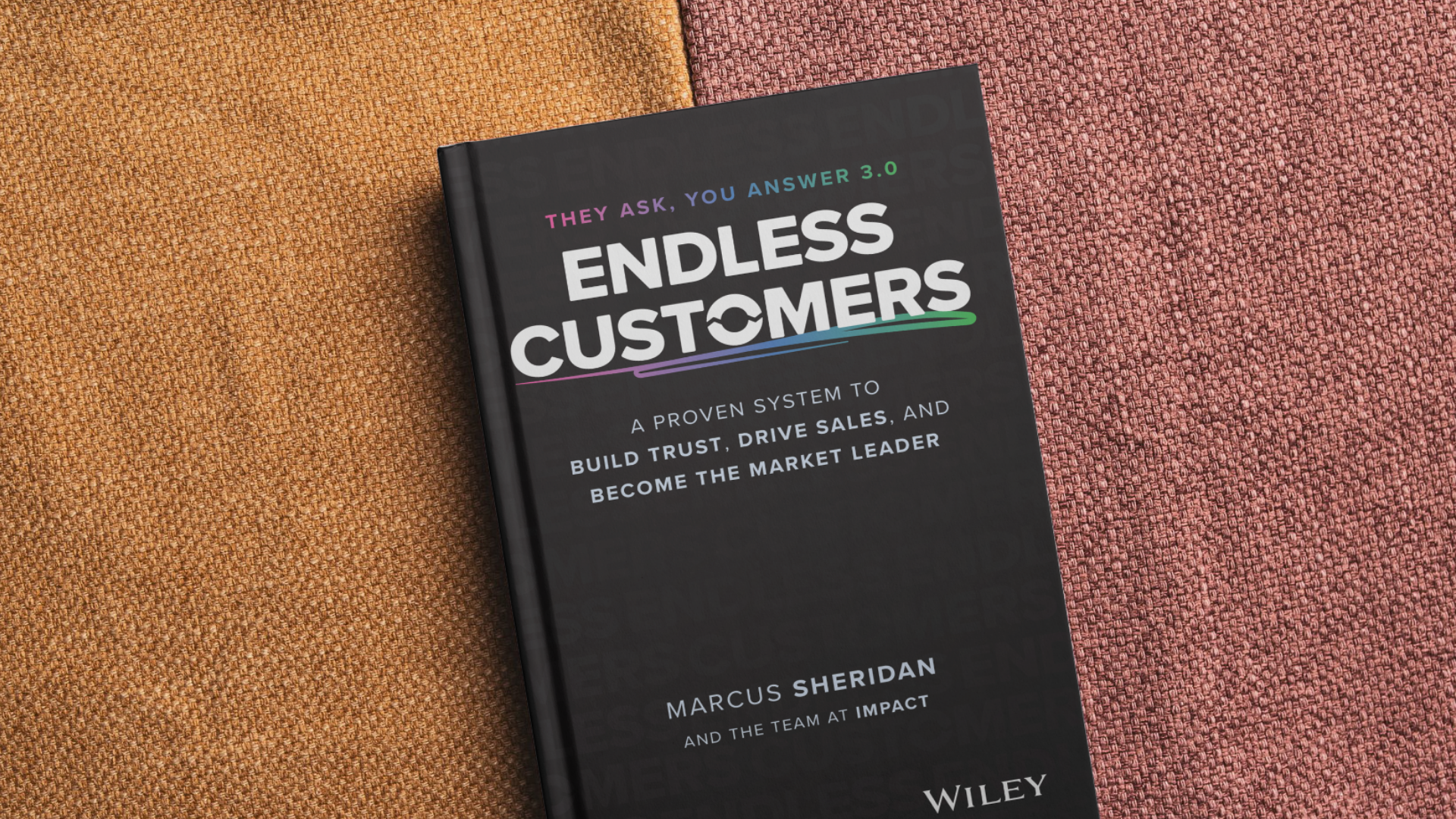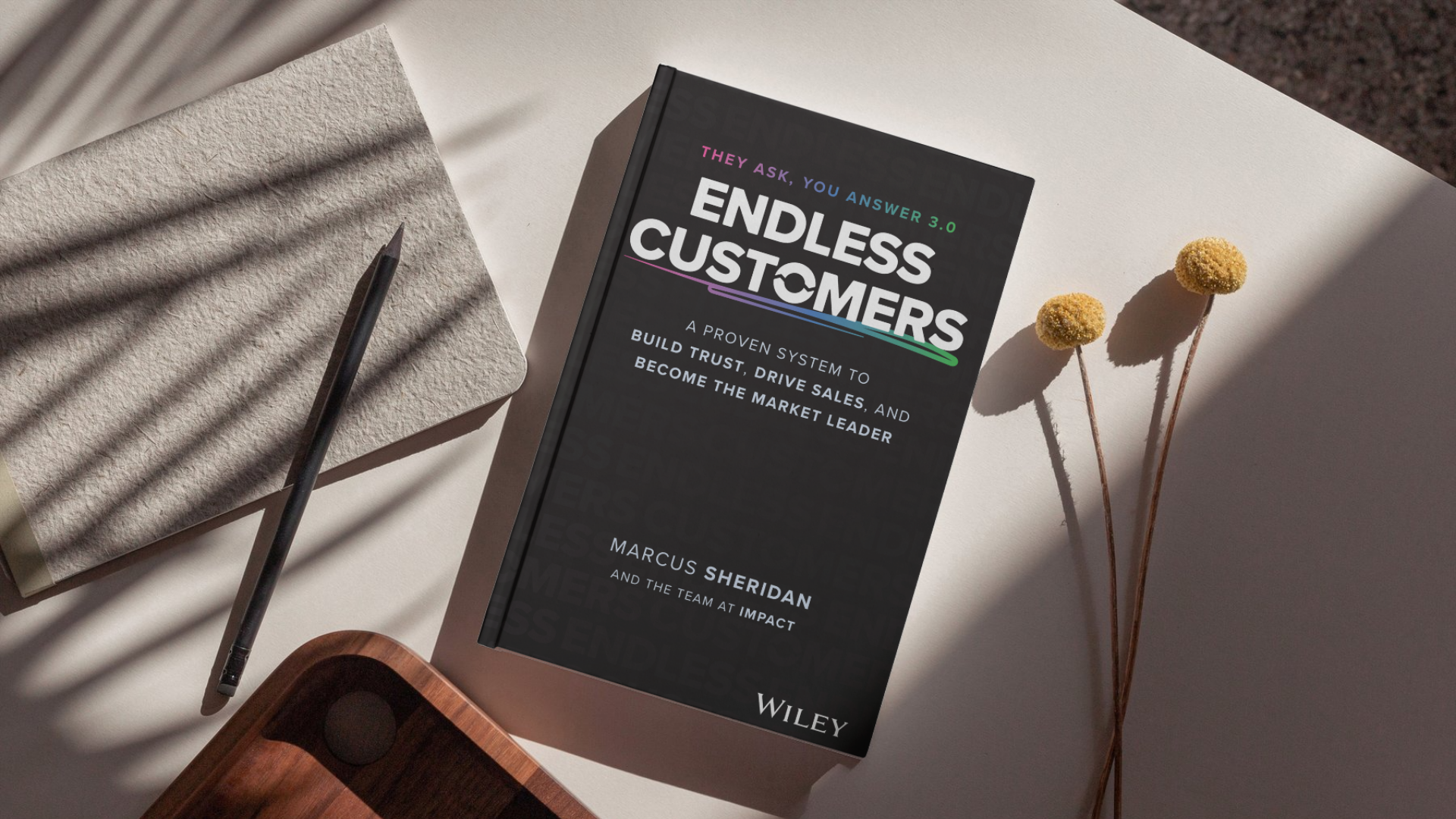How Much Does a Fractional CMO Cost in 2025? (Complete Pricing Guide)
October 8th, 2025
5 min read
By Tom Wardman

Your ad campaigns are burning through budget without delivering qualified leads. Your marketing team creates content that doesn't convert. Sales cycles drag on because prospects don't trust your brand messaging. Meanwhile, full-time CMO salaries have soared past £250,000 ($315,000), making senior marketing leadership feel impossible to afford.
Businesses like yours face this exact challenge every day; they need strategic marketing direction but can't justify the massive investment of a full-time executive hire.
By the end of this article, you'll know what fractional CMOs cost in 2025, the key factors that drive those prices, and how to decide whether this investment makes financial sense for your business.
What is a fractional CMO and why do businesses hire them?
A fractional CMO is a part-time or contract-based chief marketing officer who provides senior-level marketing leadership without the full-time commitment and salary of a traditional CMO.
Companies typically hire fractional CMOs when they need strategic marketing expertise but can't justify the £200,000+ ($252,000+) annual cost of a full-time executive, or when they're in transition periods requiring temporary leadership.
Unlike marketing directors who handle day-to-day execution, fractional CMOs focus on high-level strategy. They help align marketing teams around clear business goals, develop comprehensive marketing strategies, and provide board-level reporting on marketing performance.
Most businesses choose this route when they have capable marketing teams that lack strategic direction. Rather than hiring another marketing manager, they invest in leadership that can turn their existing good work into exceptional results.
Fractional CMO cost breakdown: what to expect in 2025
Fractional CMOs typically charge £6,000 to £10,000 per month ($7,600-$12,600), with most experienced professionals falling in this range for 20-30 hours of work per week. Hourly rates generally range from £120 to £400 per hour ($151-$504) depending on experience level, industry expertise, and geographic location.
The monthly retainer model is most common because it provides consistent availability and strategic continuity. This approach works better than hourly billing for building long-term marketing strategies and maintaining regular team guidance.
Regional differences play a significant role in pricing. A SaaS company in Manchester might pay £7,000 ($8,800) where the same expertise in London costs £9,000 ($11,300). Similarly, fractional CMOs in New York or San Francisco command 20-40% higher rates than those in Denver or Austin.
What factors influence fractional CMO pricing?
The primary factors affecting fractional CMO costs include their years of experience, industry specialisation, geographic location, scope of responsibilities, and the time commitment required.
Additional factors like company size, project complexity, and whether they're managing a team or working independently can significantly impact the final pricing structure.
Experience Level:
- 5-10 years: £4,000-£6,000 monthly ($5,000-$7,600)
- 10-15 years: £6,000-£8,000 monthly ($7,600-$10,100)
- 15+ years: £8,000-£12,000+ monthly ($10,100-$15,100+)
Industry Specialisation:
- Technology and SaaS companies typically pay 20-30% premiums
- Healthcare and finance sectors command higher rates due to compliance requirements
- Traditional manufacturing often pays at the lower end of ranges
Scope of Work: Board reporting and C-level strategy work increases costs, while purely tactical guidance typically costs less.
Fractional CMO vs full-time CMO: cost comparison breakdown
A full-time CMO costs companies an average of £200,000 to £320,000 ($252,000-$403,000) annually when including salary, benefits, equity, and overhead, while a fractional CMO typically costs £48,000 to £144,000 ($60,500-$181,500) per year.
This represents potential savings of 50-70% while still accessing senior-level marketing expertise, though with reduced time availability and potentially less company-specific knowledge.
Full-time CMO total costs:
- Base salary: £150,000-£250,000 ($189,000-$315,000)
- Benefits and NI: £25,000-£40,000 ($31,500-$50,400)
- Equity/bonuses: £15,000-£30,000 ($18,900-$37,800)
- Office space and equipment: £8,000-£12,000 ($10,100-$15,100)
- Total: £198,000-£332,000 ($249,500-$418,300)
Fractional CMO costs:
- Monthly retainer: £4,000-£12,000 ($5,000-$15,100)
- Annual total: £48,000-£144,000 ($60,500-$181,500)
The savings become even more significant when you consider recruitment costs, which can add £30,000-£50,000 ($37,800-$63,000) to full-time hires.
What services are included in fractional CMO costs?
For their fee, fractional CMOs typically provide strategic marketing planning, team leadership, campaign oversight, performance analysis, and C-level reporting on marketing initiatives.
Most fractional CMOs also bring established networks of marketing vendors, proven frameworks, and immediate expertise that would take months for a new full-time hire to develop.
Standard deliverables include:
- Comprehensive marketing strategy development
- Team leadership and skill development
- Marketing budget planning and allocation
- Campaign performance analysis and optimisation
- Board-level reporting and presentation
- Marketing technology stack recommendations
- Lead generation and conversion optimisation
Additional value: Many fractional CMOs bring pre-existing relationships with specialist agencies, freelancers, and technology vendors. This network effect can save businesses significant time and money in finding reliable marketing partners.
How to determine if fractional CMO costs are worth the investment
A fractional CMO is typically worth the investment if your company generates over £1.5 million ($1.9 million) in annual revenue, lacks senior marketing leadership, or needs strategic guidance to scale marketing efforts effectively.
The ROI calculation should consider not just the direct cost savings versus a full-time hire, but also the revenue growth potential and time-to-market improvements they can deliver.
Key indicators you need fractional CMO support:
- Your marketing team lacks strategic direction
- Marketing efforts feel disconnected from business goals
- You need board-level marketing expertise and reporting
- Your team has good execution skills but limited strategic vision
- Marketing spend exceeds £100,000 ($126,000) annually without clear ROI
ROI calculation example:
A business with £2M ($2.5M) in annual revenue can see £300,000 ($378,000) in extra sales within six months if the fractional CMO improves lead quality by 25% and shortens sales cycles by 15%. The revenue impact often exceeds their annual cost within six months.
Fractional CMO pricing models: which structure works best?
Fractional CMOs typically offer three main pricing structures: monthly retainers (most common), hourly consulting rates, or project-based fixed fees for specific deliverables. Monthly retainers provide the most predictable costs and consistent availability, while hourly rates work better for occasional strategic consulting or short-term projects.
Monthly Retainer Benefits:
- Predictable monthly costs
- Consistent strategic input
- Better relationship building with teams
- Ongoing campaign optimisation
Hourly Consulting Works For:
- One-off strategic reviews
- Specific project guidance
- Crisis management situations
- Short-term interim leadership
Project-Based Pricing Suits:
- Marketing strategy development
- Team restructuring projects
- Technology implementation guidance
- Market entry planning
How to find and hire a fractional CMO within your budget
To find a qualified fractional CMO within budget, start by clearly defining your scope of work, time requirements, and must-have qualifications before reaching out to candidates or agencies.
Consider working with fractional executive firms, leveraging professional networks, or using platforms like LinkedIn to identify candidates who match your industry and budget requirements.
Steps to find the right fit:
- Define your needs: List specific challenges, required experience, and expected time commitment
- Set realistic budgets: Factor in both monthly fees and potential additional project costs
- Check references: Speak with previous clients about results achieved and working styles
- Start with short-term engagements: Test the relationship with 3-6 month initial contracts
- Evaluate cultural fit: Strategic leadership requires strong team relationships
Red flags to avoid:
- Promises of immediate dramatic results
- Lack of specific industry experience
- Unwillingness to provide client references
- Vague descriptions of their strategic process
Remember, the cheapest option rarely delivers the best results. Focus on finding fractional CMOs who demonstrate clear strategic thinking, relevant industry experience, and a track record of building trust with teams while driving measurable business growth.
The bottom line on fractional CMO costs in 2025
At the end of the day, if your ad spend feels wasted, your sales cycles are dragging, and a full-time CMO at £200,000+ ($252,000+) is out of reach, fractional leadership may be your answer. Now you know what fractional CMOs cost in 2025, and how they deliver senior-level strategy at a fraction of the investment.
If your marketing team needs direction without the full-time price tag, the next step is simple: book a consultation to explore whether fractional leadership is right for your business.
Ready to give your marketing team the leadership they deserve?
If you're considering fractional CMO support for your business, let's discuss how experienced strategic guidance can help your team reach their full potential. Book a consultation to explore whether this approach aligns with your business goals and budget requirements.
Topics:




















